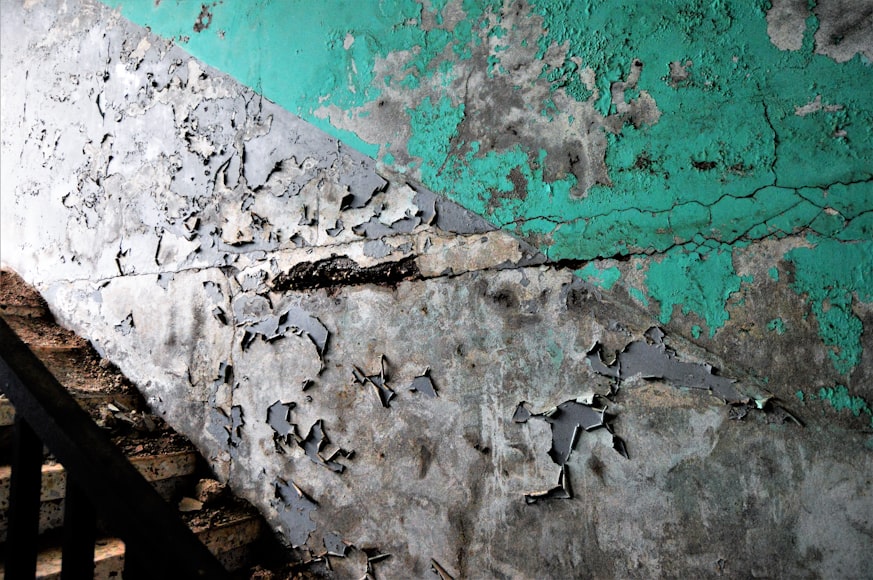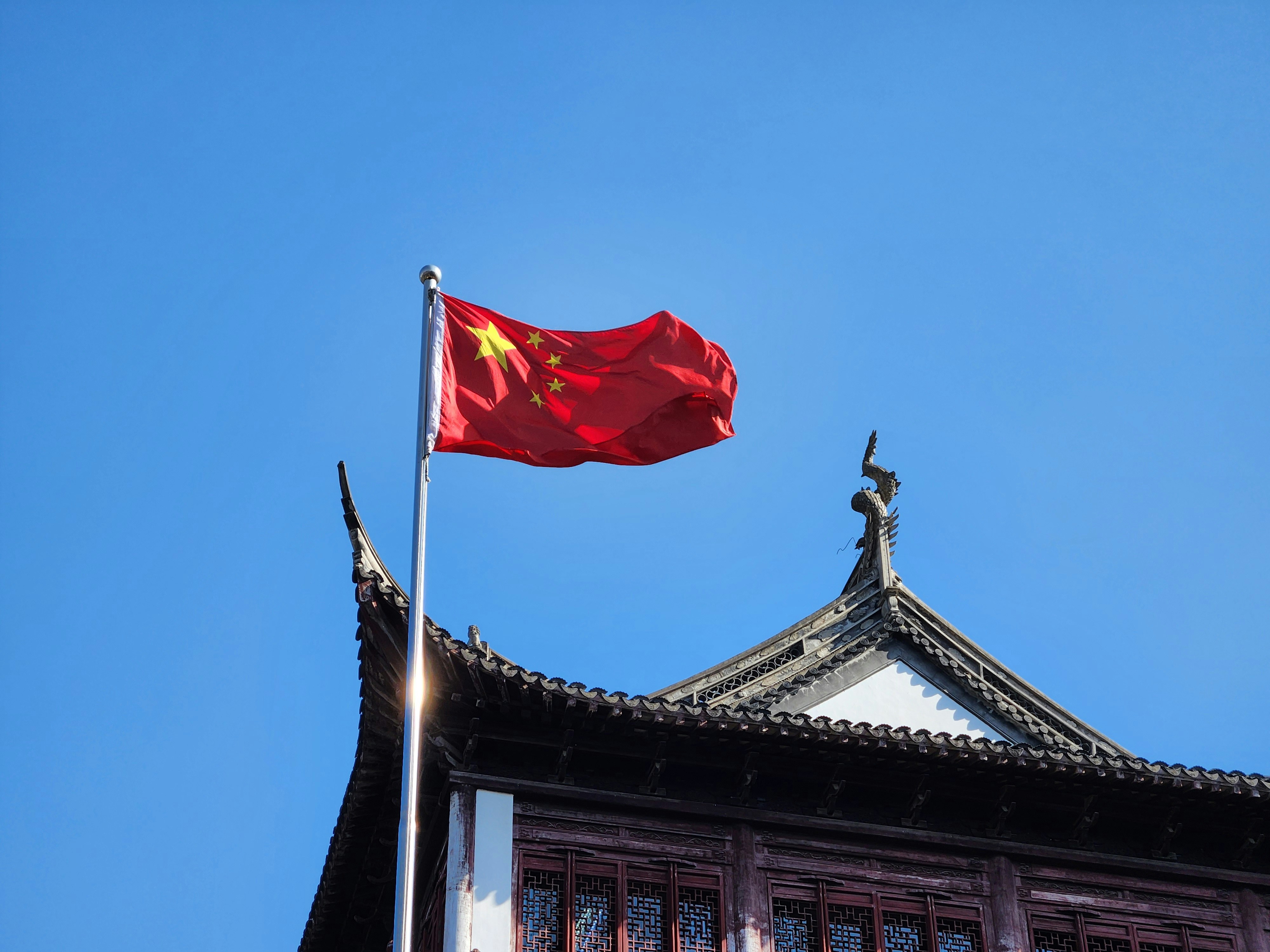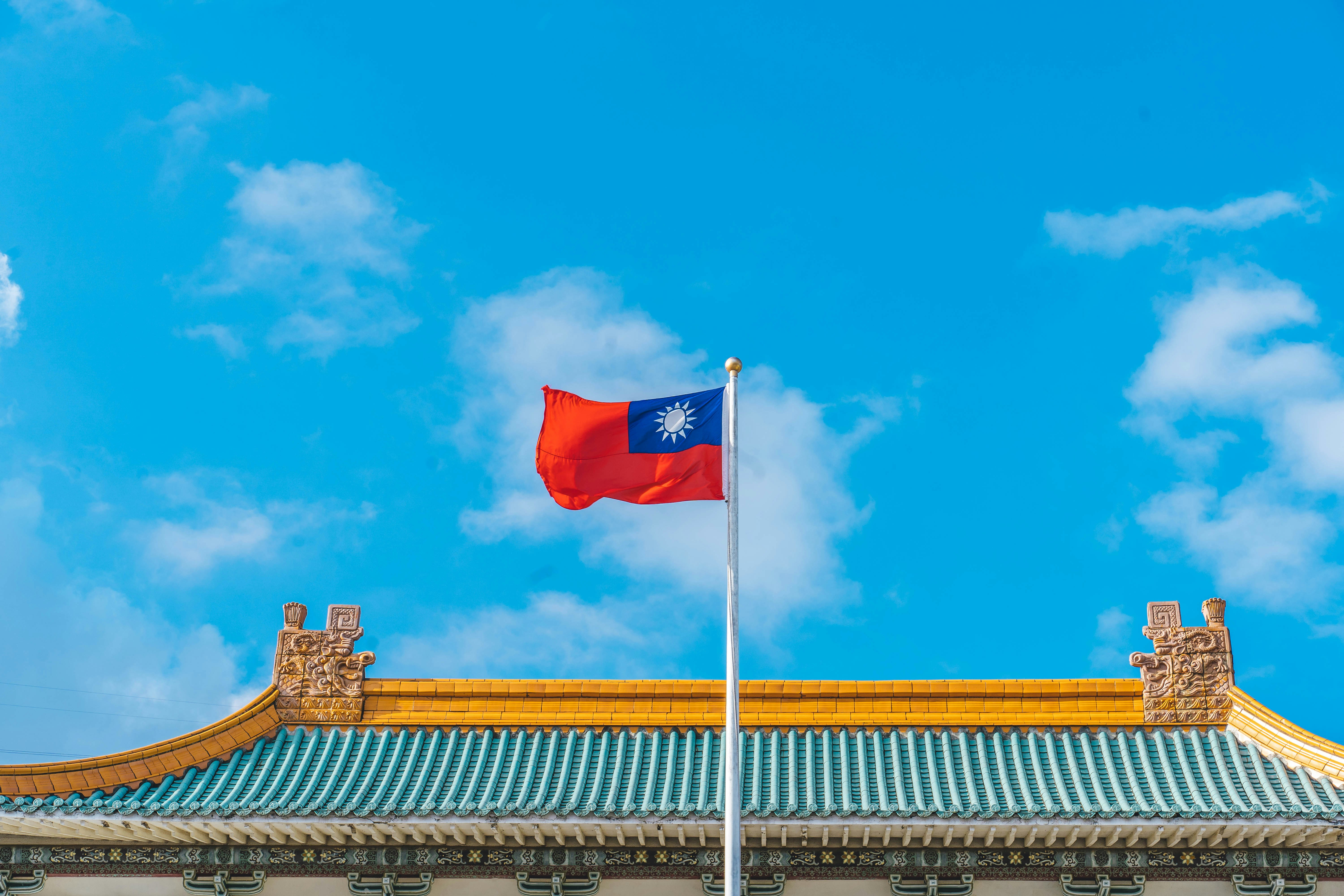Israel Intensifies Bombardment of Lebanon, Killing Over 550, Amid Escalating Conflict with Hezbollah
Israel intensifies bombardment of Lebanon, killing over 558 people, in escalating conflict with Hezbollah, amidst retaliatory rocket strikes and growing international concern.
 Lebanon, refurbish, torn, and pastel in lebanon by rashid khreiss (@rush_intime) (Unsplash)
Lebanon, refurbish, torn, and pastel in lebanon by rashid khreiss (@rush_intime) (Unsplash)Israel has unleashed its heaviest and deadliest bombardment on Lebanon since 2006, killing at least 558 people, including 50 children, and wounding over 1,800, according to Lebanese officials. The strikes, which targeted Hezbollah strongholds in southern Lebanon and the Bekaa region, mark a significant escalation in the conflict between Israel and the Iran-backed militant group.
The Israel Defense Forces (IDF) confirmed the strikes, saying they aimed to degrade Hezbollah's military capabilities and prevent the group from hiding among civilians. Among those killed was Ibrahim Muhammad Qabisi, head of Hezbollah's Missiles and Rockets Force, who was targeted in an air strike in Beirut.
Defense Minister Yoav Gallant inspected Israeli troops simulating combat in Lebanon, sending a strong message that Israel is prepared for a ground offensive. "Any Hezbollah force that you may encounter will be destroyed," he told the troops.
Hezbollah retaliated with rocket salvos into northern Israel, claiming to have attacked multiple locations. Israeli police reported injuries from shrapnel and damage from intercepted missiles.
The conflict began after Hezbollah started cross-border rocket fire in solidarity with Hamas in Gaza. Hezbollah has vowed to continue fighting until a cease-fire is reached in Gaza, a prospect that looks unlikely.
Lebanese authorities are struggling to cope with the humanitarian crisis, using schools and government buildings to house thousands of displaced civilians. The health ministry has urged international donors to provide medical aid to overwhelmed hospitals.
The escalation has sparked concern among global leaders, with the US, European, and Arab governments urging restraint. French President Emmanuel Macron sent a special envoy to Beirut, while Saudi Arabia warned of the dangers of spreading violence.
Iran, Hezbollah's main sponsor, suggested willingness to ease tensions but also accused Israel of seeking to destabilize the region. Israeli Prime Minister Benjamin Netanyahu is scheduled to speak at the UN General Assembly later this week, where he is expected to address the conflict.
The strikes come days after an attack on Hezbollah members' communication devices, which Israel has neither confirmed nor denied responsibility for.




.jpg)


Conversation